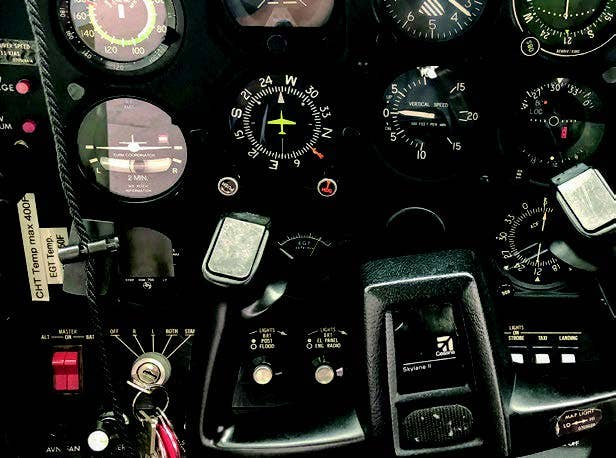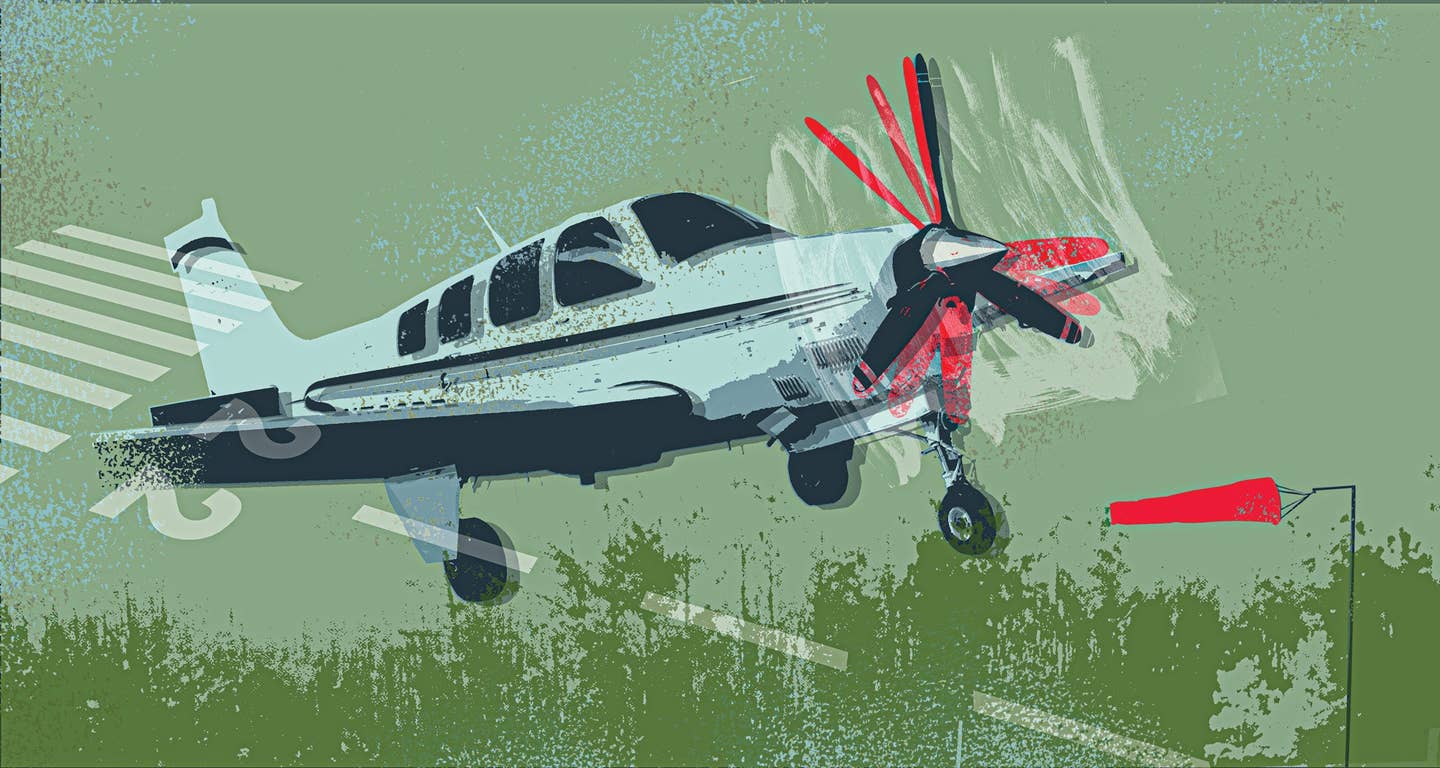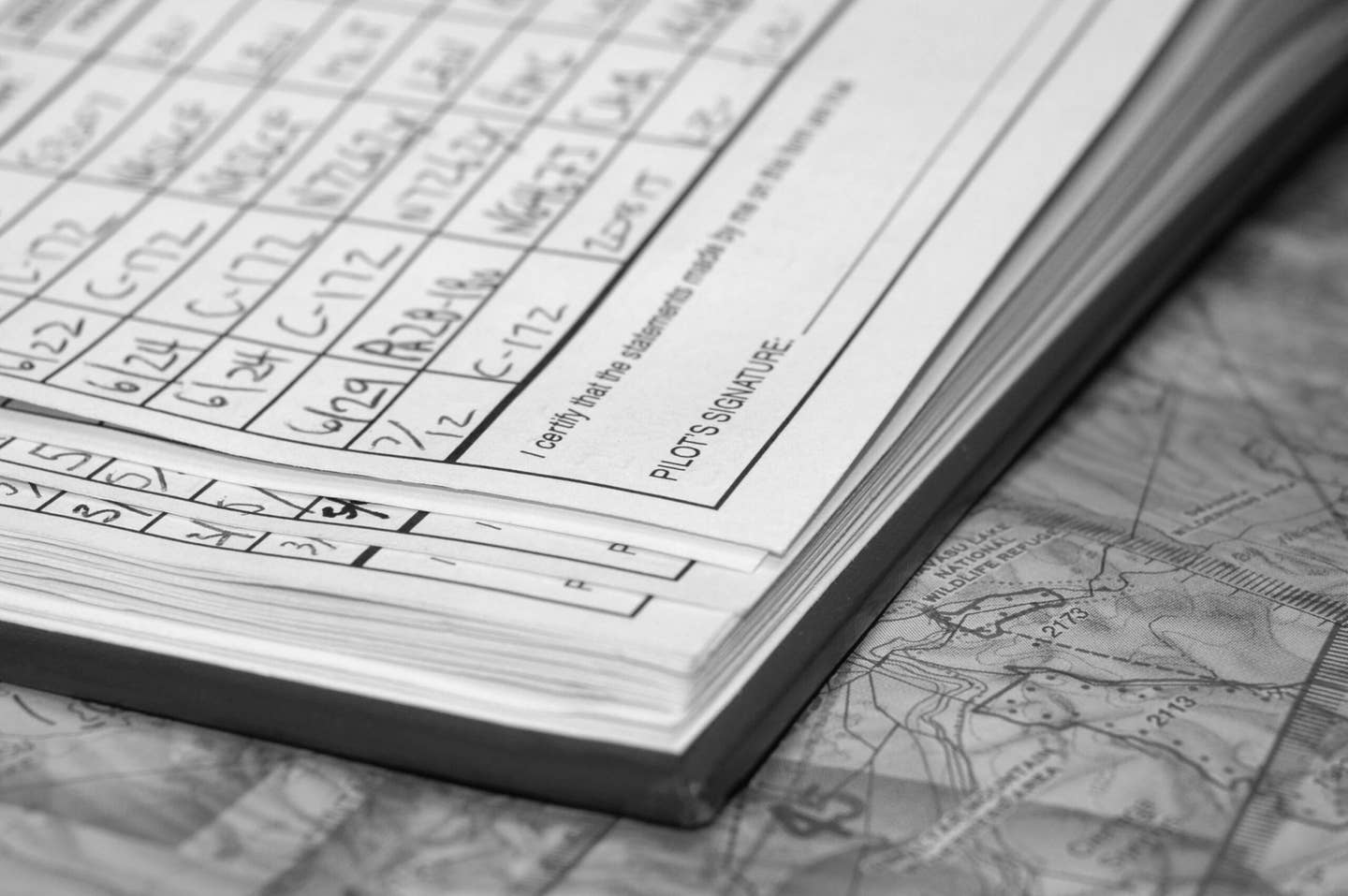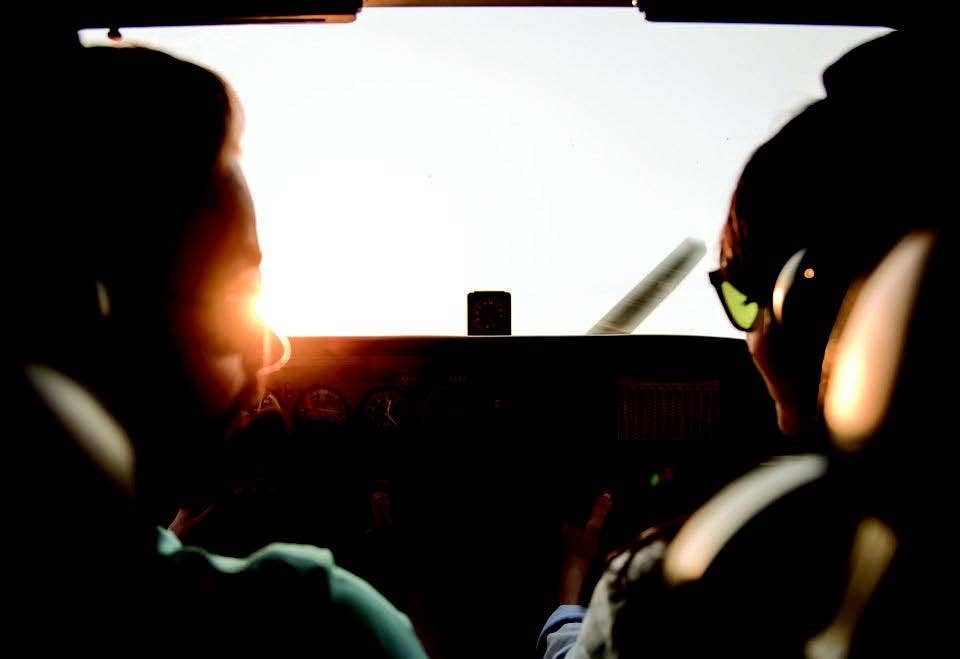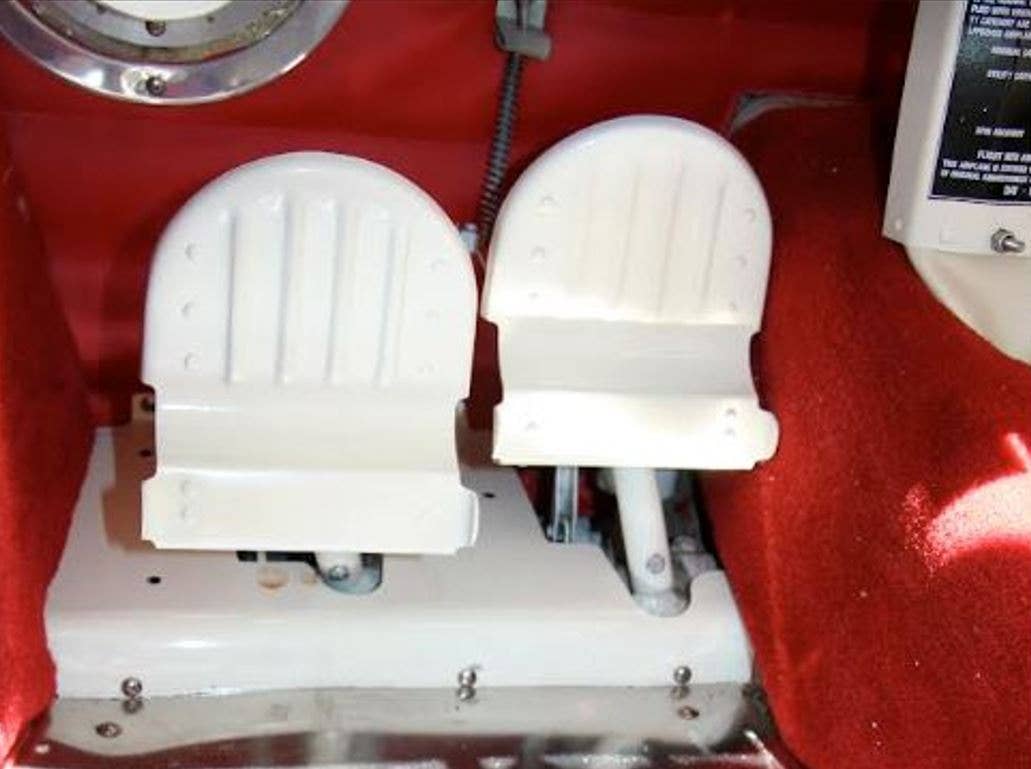
A recent report in the journal Human Factors found that the prevalence of automated cockpits may be hindering pilots' ability to perform some key tasks, such as navigating without the aid of a moving map and troubleshooting systems problems.
Researchers studied 16 experienced pilots as they flew routine and nonroutine flight scenarios in a Boeing 747-100 simulator. Levels of automation available to the pilots were varied as the researchers graded the pilots' performance. The pilots also reported what they were thinking about as they flew.
Results indicated that pilots' instrument scan and stick-and-rudder skills remained reasonably intact despite prolonged periods of disuse. Significantly, however, the study found pilots often struggled with maintaining awareness of the airplane's position when the GPS and map display were disabled, or with troubleshooting problems when the automated systems were not available to provide hints.
The takeaway for GA pilots is we too should consider how technology and increasing automation are impacting not only how we fly by hand, but also how we fly by mind. Keeping our cognitive skills sharp, it turns out, is just as important as being able to safely fly with the autopilot turned off.
Get exclusive online content like this delivered straight to your inbox by signing up for our free enewsletter.
We welcome your comments on flyingmag.com. In order to maintain a respectful environment, we ask that all comments be on-topic, respectful and spam-free. All comments made here are public and may be republished by Flying.

Subscribe to Our Newsletter
Get the latest FLYING stories delivered directly to your inbox


